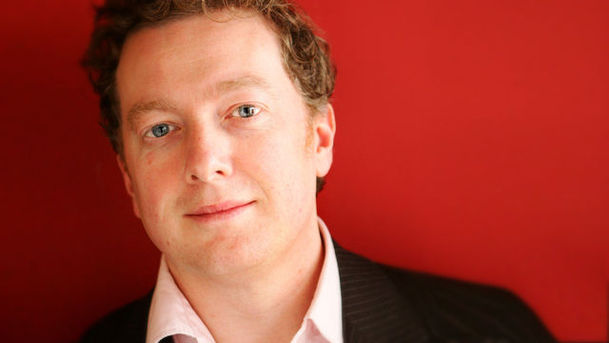Night Waves - Stephen Poliakoff/The White Ribbon/Michael Goldfarb

Matthew Sweet talks to film-maker Stephen Poliakoff, whose latest work, Glorious 39, is a thriller set on the cusp of the Second World War and examines how close the British Establishment came to finding an accomodation with Hitler. A film with Poliakoff's trademark visual richness, Glorious 39 also contains his perennial interest in the strangeness of families and the dazzling lure of the British aristocracy. Most of all it forces us to look hard at a point in British history when Churchill's defiance, the Battle of Britain and the subsequent national story of hardship, spirit and victory was far from inevitable. Indeed, the majority of British political opinion was set towards finding peace at all costs. Poliakoff also discusses the limitations of British TV, arguing about the film-maker's responsibility to history and upbraiding the British for their continuing complacency over the horrors and the legacy of the Second World War. There also a review of The White Ribbon, the new film by one of Europe's leading directors, Michael Haneke. Haneke has established a reputation as a director who explores the violent and brutal events that lie just beneath the surface of everyday life. The film, shot in black-and-white, promises to continue this vein, tracing life in a buttoned-up village in Protestant Northern Germany in the years before the First World War. It won the Palme D' Or at the 2009 Cannes Film Festival. Plus the last of writer Michael Goldfarb's essays on the impact of the events of 1989.